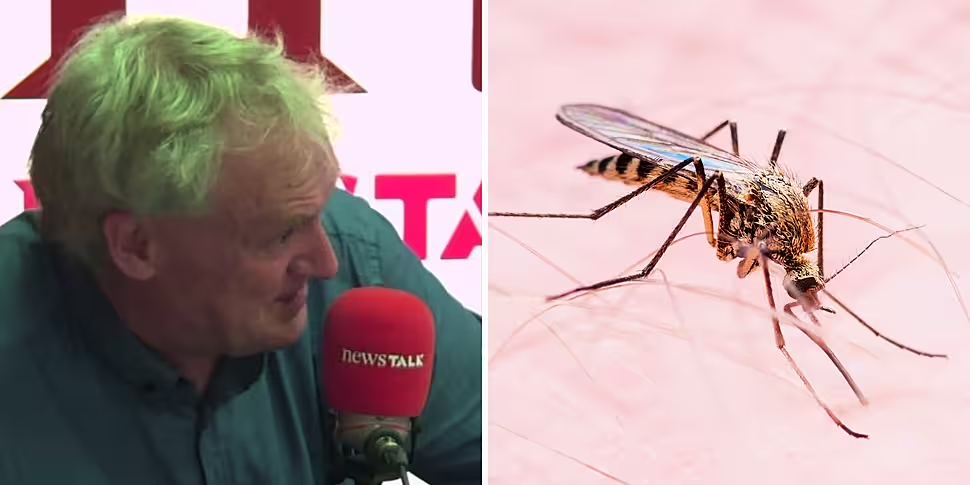Belize has joined 41 other countries in being declared malaria free by the World Health Organisation – but how can other countries do the same?
Trinity Professor Luke O’Neill said Belize has spent 70 years trying to eliminate malaria through public health measures.
“Public health has been extremely important there,” he said on Show Me the Science. “They trained lots of healthcare workers to keep an eye on it to see if malaria breaks out somewhere and then to give people antimalarial.
“You can [also] use these nets and you can impregnate the nets with insecticides to kill off the mosquitoes basically.
“They would install these nets in places where there's malaria and then the mosquitoes just die... they were able to employ those very carefully.”
Spread of malaria
Cases of malaria have now been recorded in parts of the US, and Prof O’Neill said climate change is a big reason for this.
“Mosquitoes spread malaria and the range of the mosquitoes is changing because of global warming as the temperature is going up,” he explained.
“Mosquitos love warm climate and now it looks as if these mosquitoes are breeding more and more now in places where they wouldn't normally breed.”
'It can cause huge amounts of harm'
Prof O’Neill said this could mean we see a rise in cases of malaria in usual places.
He explained mosquitos bite you and spread parasites in your bloodstream, leading to malaria that “can cause huge amounts of harm”.
“[Malaria] spends some of the time living in your liver and some of the time living in your red blood cells,” he said.
“It starts off with flu like symptoms, then you get aches and pains all over your body and as it progresses, it gets worse and worse: severe vomiting, severe diarrhoea, you get anaemia because obviously it's targeting the red blood cells.”
'Desperate need to handle'
Prof O’Neill explained malaria can lead to kidney failure and seizures, and eventually death.
“Sadly, it's mainly children,” he said. “Their immune systems aren’t able to fight the parasite.
“A lot of people survive malaria and go on to live healthy lives... but a significant number of people that sadly become really sick, hence the desperate need to handle this particular disease.”
You can listen back to Show Me the Science with Luke O'Neill here.









